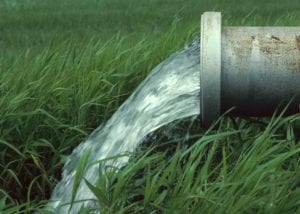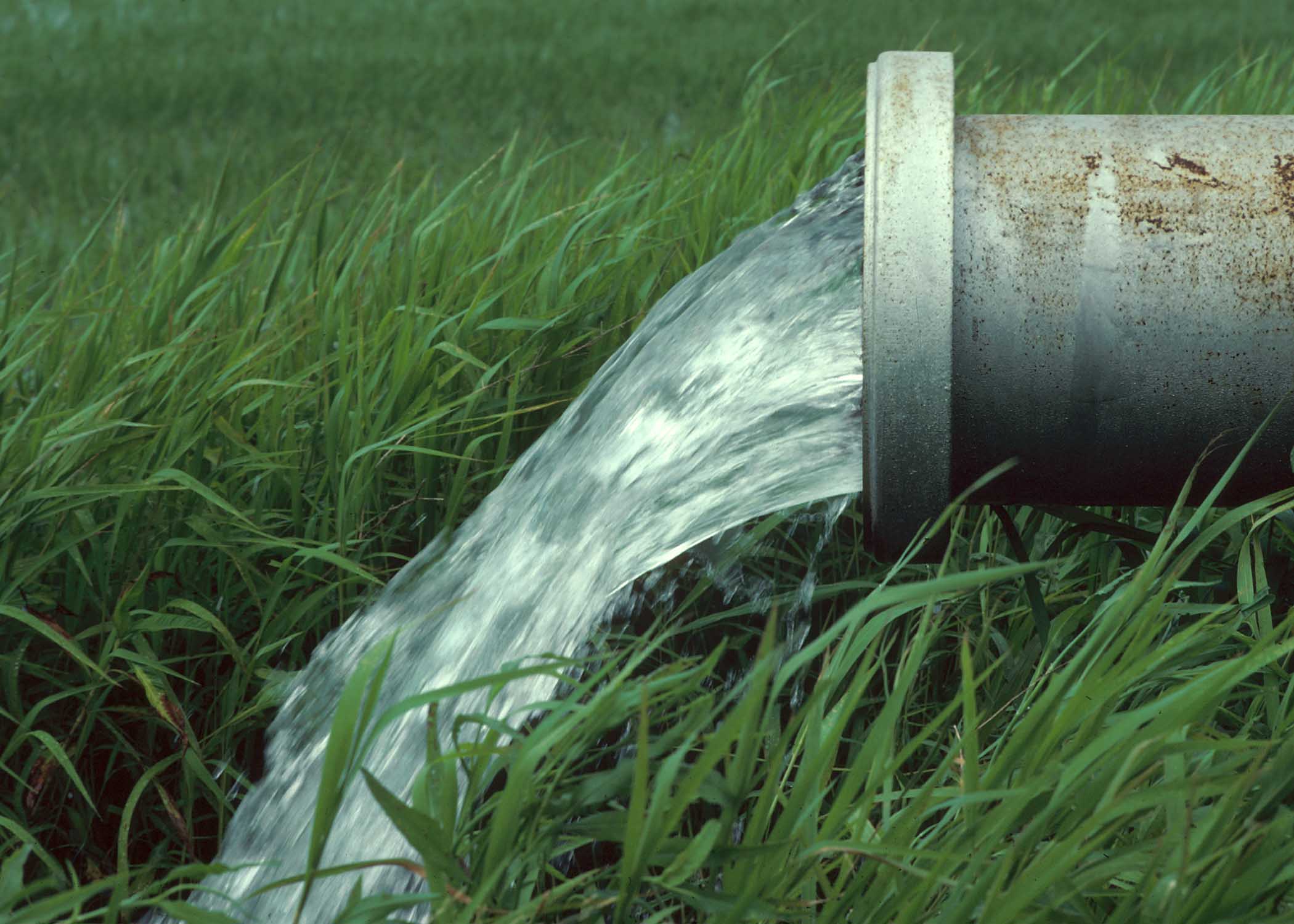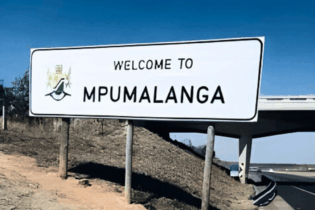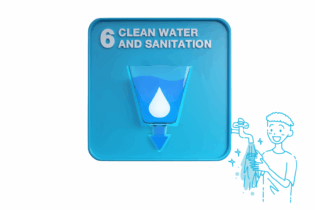The report said that properly addressing sanitation at a grassroots school level will only assist in improving and addressing the overall use of municipal water and sanitation infrastructure by future generations.
Chairperson of the Human Settlements and Infrastructure Committee Mondli Mthembu welcomed a suggestion that the committee do an inspection in loco of the project and its delivery thus far. He said his committee also wanted to perform a site visit to view the ablution blocks. The report also stated that in order to meet delivery targets of the municipality, additional funding was required based on the number of sites that can be delivered. It said the current budget could only deliver approximately 300 facilities out of a current possible 1,100 sites under phase three of the project. “Furthermore, phase three has clearly demonstrated an accelerated delivery over the past year and is therefore capable of achieving the larger targets, provided the contracts and budgets are appropriately adjusted,” it read. It indicated that phase three of the programme, which commenced in August 2015, has to date delivered over 200 operational facilities with more than 140 currently under construction. The report also noted that the final component of phase three will be able to deliver more than 540 facilities. “The delivery of ablution facilities needs to be accelerated due to the rapid increase in informal settlements and the need to provide access to decent and dignified sanitation solutions to all communities of eThekwini Municipality, particularly those living in informal settlements,” the report said. Current funding sources for the programme include:- Funding from the Department of Education for the schools project,
- Urban Settlement Development Infrastructure Grant,
- Infrastructure Development ORIO Grant (A Dutch grant worth R180 million with the requirement that 400 sites be constructed) and,
- Savings allocated from other projects.








